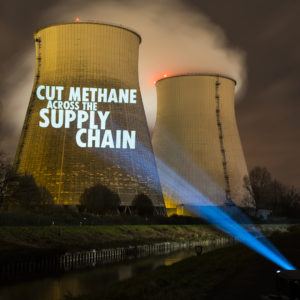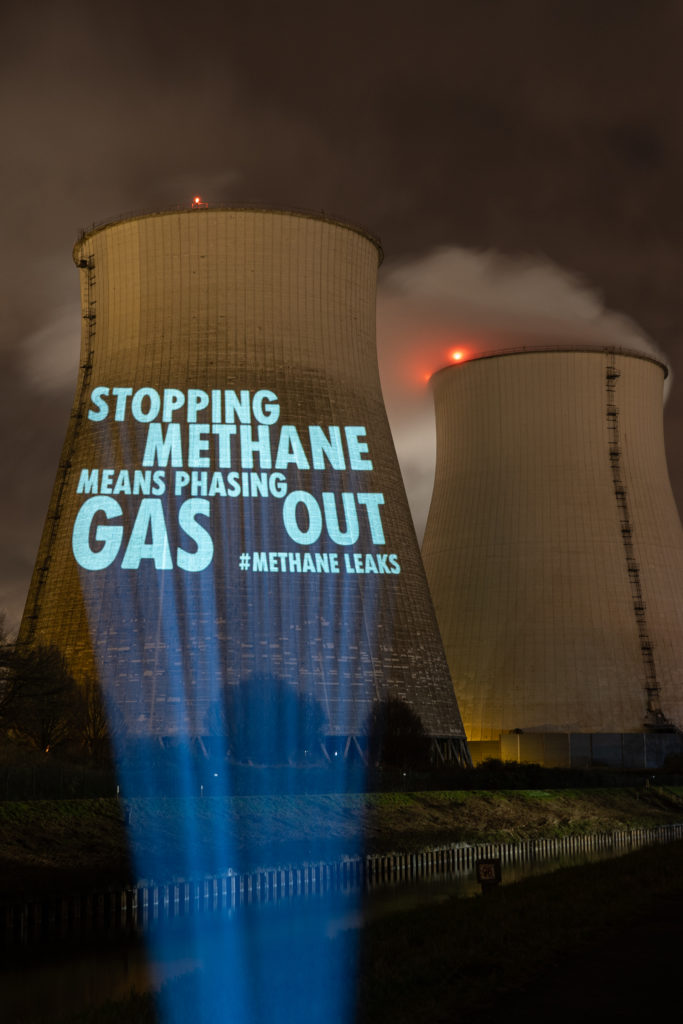BRUSSELS, 9TH MARCH 2022 – Today, Members of the European Parliament voted to approve a list of priority energy projects, including 30 cross-border gas mega projects
Most MEPs voted in favour of the so-called fifth Projects of Common Interest (PCI) list, giving the 30 cross-border gas infrastructure projects faster permitting procedures and the opportunity to access EU public funds [1].
Eilidh Robb, Fossil Fuel Campaigner at Friends of the Earth Europe commented:
“Today MEPs have voted to pour yet more public money into fossil fuel infrastructure that will lock households into a dirty energy system that people and planet simply cannot afford. Parliamentarians have failed to break the cycle of destruction and to speed-up the transition we desperately need away from fossil fuels and to warm homes and clean, secure, renewable energy.”
Frida Kieninger, Director of EU Affairs at Food & Water Action Europe states:
“The dark times we live in show clearer than ever that Europe’s fossil fuel dependence brings harm, energy poverty and insecurity. The answer to this must not be creating more fossil gas dependence through 30 massive fossil gas pipelines and LNG projects worth €13 billion. The answer must be putting all possible support behind 100% renewable energy and energy efficiency.”
***
Notes to Editor:
Please note that MEPs were asked whether or not they wanted to vote in support of the motion of rejection, or against the motion of rejection.This means that a + vote is a vote to reject the 5th PCI list and a – is a vote to accept the 5th PCI list as it stands.
[1] 5th PCI List Plenary Vote Resolution B9-0137/2022: 696 total votes, 497 against the motion for rejection, 177 in support of the motion for rejection, 22 abstained.
4th PCI List Plenary Vote Resolution B9-0091/2020: 648 total votes, 443 against the motion for rejection, 169 in support of the motion for rejection, 36 abstained.
Relevant Links:
Motion for Rejection of 5th PCI List
5th Projects of Common Interest List
FAQ on Rejecting the 5th PCI List
Contact:
Eilidh Robb (EN) +32 (0) 493 93 50 79, [email protected]
Frida Kieninger (EN, DE, ES, FR) +32 (0) 487 24 99 05, [email protected]




